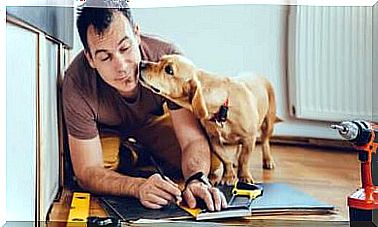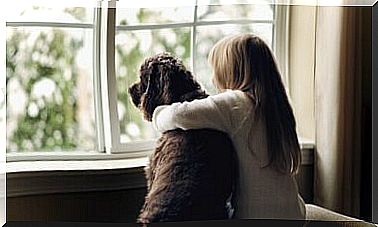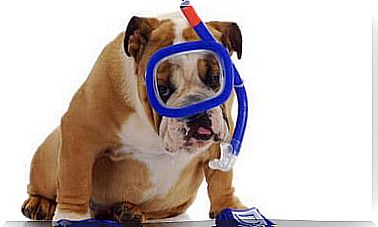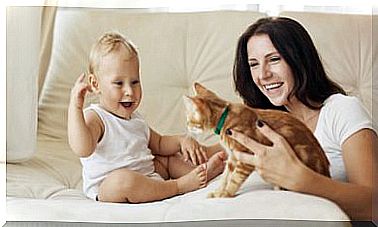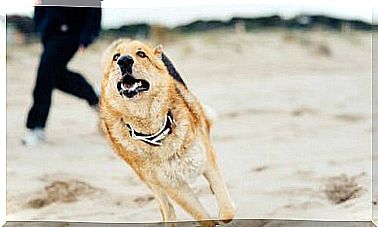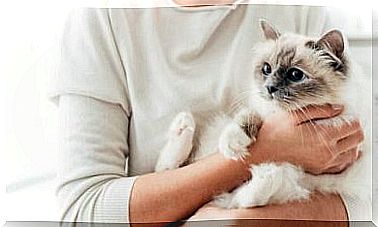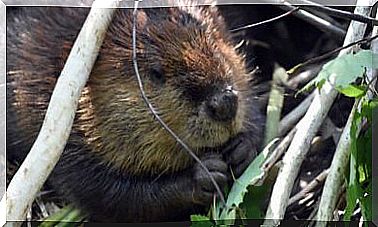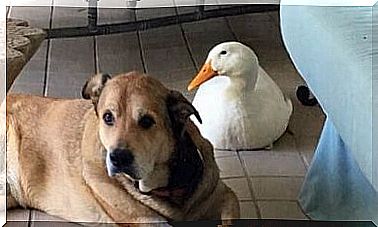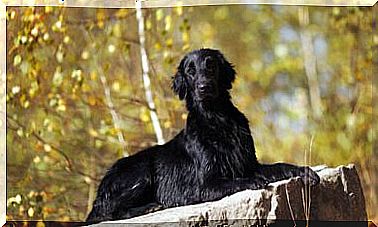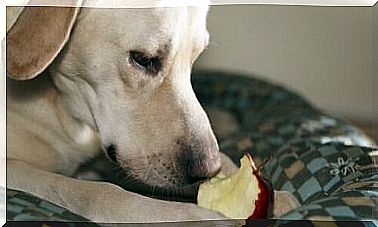Hiccups In Cats And Dogs
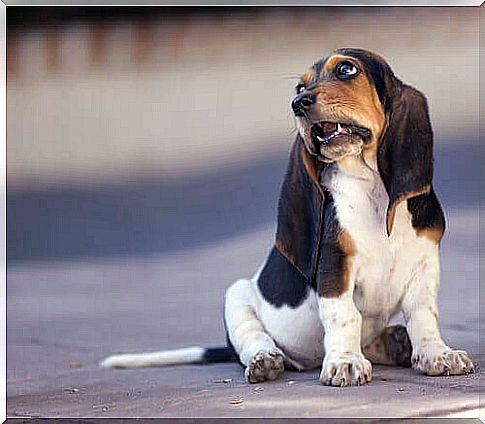
The hiccups in dogs and cats is usually caused by a spasm in their diaphragm, and is more common in puppies. It is usually not a symptom of something serious, although it does generate a lot of discomfort in pets.
As for its duration, the hiccup subsides on its own after a few minutes. In case it lasts longer, it can be accompanied by other symptoms. As nausea or coughing continues, it is best to consult your veterinarian.
The onset of this involuntary contraction occurs already in gestation, in the womb of the mother. Gradually and as the fetus develops, the lungs will need to exercise, and hiccups serve exactly this purpose. In the maternal uterus, therefore, the diaphragm is moved and “trained” through small sobs.
Causes of Hiccups in Dogs and Cats
Hiccups in cats and dogs can be due to several causes. Let’s see some of them:
- The cold can cause hiccups, especially when the animals are puppies. And, even more so, in the case of small breeds (in the case of dogs).
- If your dog or cat eats or drinks water too quickly or in a rush.
- Due to stress and nervousness. Even fear and can hide behind hiccups.
- Stomach disorders both of a metabolic and transit nature.
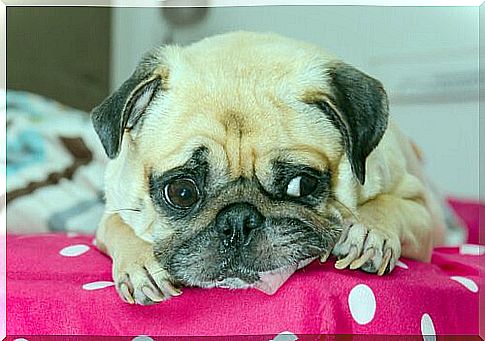
Possible discomforts of hiccups in dogs and cats
In fact, hiccups in and of themselves don’t hurt, either for pets or for people. It is a symptom of a transient disturbance in breathing or in the digestive system. But it can be, and this is the point, also an indicative sign of something more serious.
How to treat a puppy’s hiccups at home?
It is not recommended to frighten a puppy with persistent hiccups. You must remember that you may be in a moment of tension, nervousness or stress. And, in such a situation, a shock must be avoided, as it could aggravate your condition. The best thing to do to calm a puppy’s hiccups is to distract him, pet him and let him relax. This way, his breathing will return to normal.
How to stop hiccups in cats and dogs
Give him some food
When they eat, cats and dogs change the way they breathe. Something as simple as drinking water can help them get over the hiccups. Remember that the same thing happens to people.
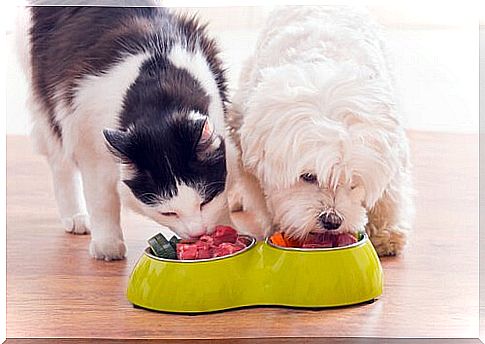
A fright
The secret of scaring people or animals to eliminate the hiccups is that, in the moment of shock, literally vine “sucked” a greater amount of air. And, as a result of this, the diaphragm resumes contracting normally.
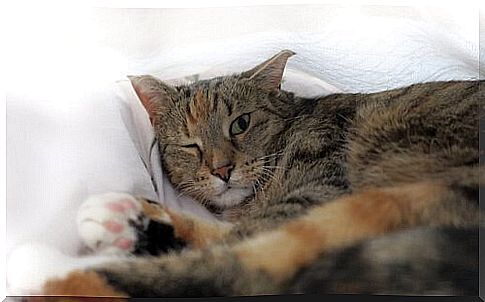
In order to use this remedy, however, you must be sure that the animal is calm. In aggressive or easily excitable animals it is better to use another system.
Play together
Gambling is always a good option, again. Put simply, it’s about distracting the animal, making it focus on something and ignoring this temporary disturbance.
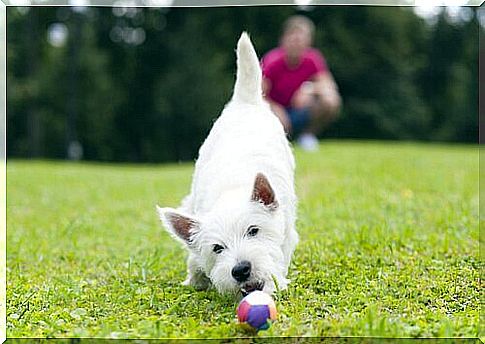
Even changes of speed and more energetic favor a change in breathing of your pet, lessening or disappearing this bothersome symptom.
Take a bath
While not all cats and dogs love this moment, know that it works great against hiccups. When you try to wash your pet, this triggers a defensive attitude, resistance and opposition. Even then it triggers a change in breathing, as well as the stress caused by disrupting their routine .
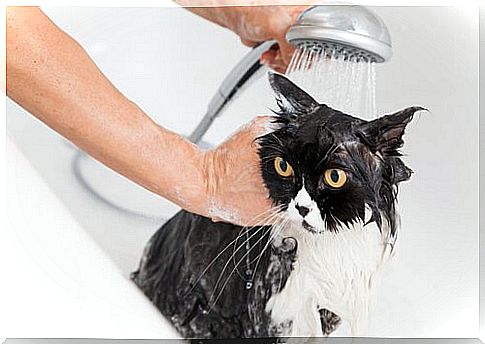
Does hiccups occur in cats and dogs?
The main benefit is the release of stomach gas, along with the release of anxiety. After this series of involuntary contractions of the diaphragm, in fact, your four-legged friend will recover his normal physical state.
Another benefit comes from the fact that it resolves a loss of temporal coordination between the nerves of the diaphragm.
The reverse hiccup
When your pet inhales oxygen through his nose continuously, with noise and even difficulty, it could be reverse hiccups. The animal simply tries to get rid of the excess mucus that has accumulated in its nostrils.
This could be the first symptom of hypoxia (a lack of oxygen) but it is more likely to be associated with respiratory disorders, sinusitis, etc. In any case, a visit to the vet is mandatory.
